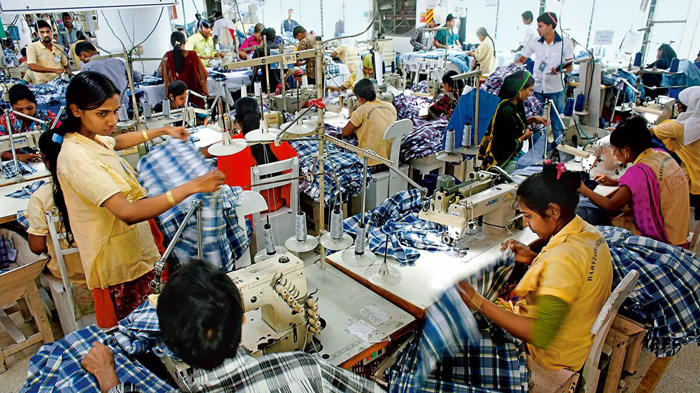
Pakistan's cotton industry is at a critical juncture as a confluence of factors, including surging imports, policy inconsistencies, and a decline in domestic production, threaten the livelihood of farmers, ginners, and the entire textile value chain. The situation mirrors the recent wheat crisis, where government inaction and market imbalances led to significant financial distress for farmers and millers.
Unprecedented import growth
The government's decision to allow duty-free cotton imports, coupled with an 18 per cent sales tax on domestic cotton and yarn purchases, has created a lopsided playing field that favors imported cotton. This has resulted in a record-breaking influx of foreign cotton, with imports expected to reach a historic high of 5 million bales in the 2024-25 cotton year.
Table: Import growth
|
Cotton imports (bales) |
Yarn imports (bales) |
|
October 31, 2024 |
800,000 |
|
November 30, 2024 |
1.1 million |
|
Projected 2024-25 |
5 million |
Impact on domestic production
The surge in imports has severely impacted domestic cotton sales, leading to a sharp decline in prices and a glut of unsold cotton in warehouses and ginning factories. Farmers and ginners are facing mounting losses, with cotton prices plummeting by over Rs 1,000 per maund to Rs 17,500. This situation not only jeopardizes the livelihoods of those involved in cotton production but also threatens Pakistan's agricultural and industrial economy.
The recent wheat crisis serves as a stark reminder of the consequences of policy inaction and market imbalances. The government's failure to buy wheat from farmers at the official rate led to a sharp decline in prices, causing significant losses for farmers and millers. The cotton industry is now facing a similar situation, highlighting the need for proactive measures to prevent further economic distress. The current crisis underscores the urgent need for policy intervention to address the structural imbalances in the cotton industry. Some key policy challenges include:
Duty-free imports: The removal of import duties has created an uneven playing field, favoring foreign cotton and discouraging domestic production.
Sales tax on domestic cotton: The 18 per cent sales tax on domestic cotton and yarn further disadvantages local producers and exacerbates the crisis.
Lack of support for farmers: Farmers are facing financial distress due to declining cotton prices and high input costs.
To address these challenges and ensure the long-term sustainability of the cotton industry, the government needs to take decisive action. This includes imposing sales tax on imported cotton and yarn this would level the playing field and encourage the use of domestic cotton. Removing sales tax on domestic cotton would provide much-needed relief to farmers and ginners. Investing in R&D this would help improve cotton yields and quality, making domestic cotton more competitive. Providing financial support to farmers which would help them cope with the current crisis and invest in sustainable farming practices.
The crisis in the cotton industry is a complex issue with far-reaching implications for Pakistan's economy. Addressing this crisis requires a multi-faceted approach that includes policy reforms, investment in research and development, and financial support for farmers. By taking decisive action, the government can ensure the long-term sustainability of the cotton industry and protect the livelihoods of millions of Pakistanis.











